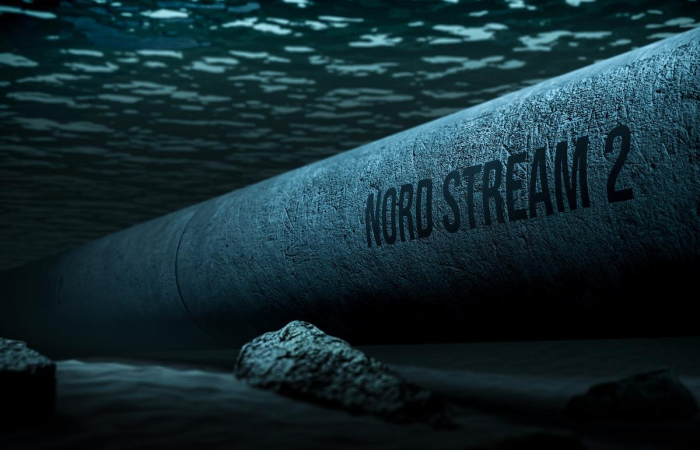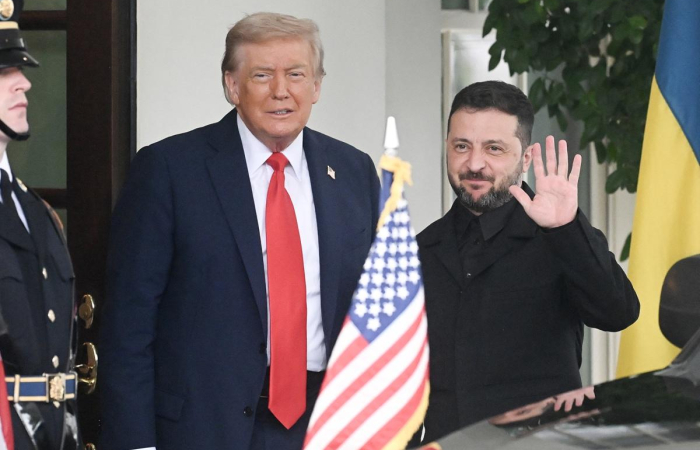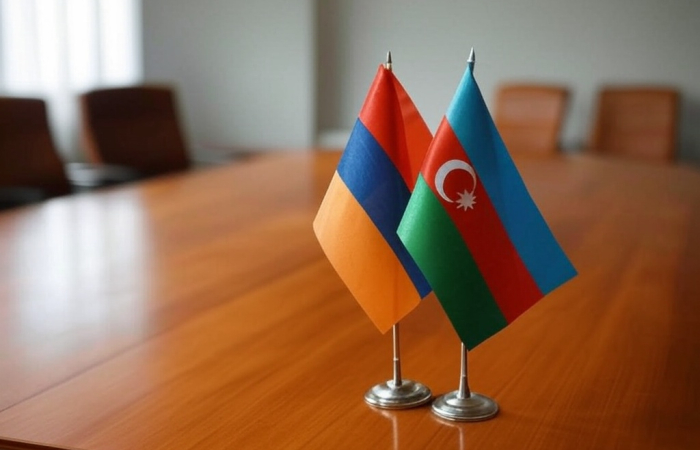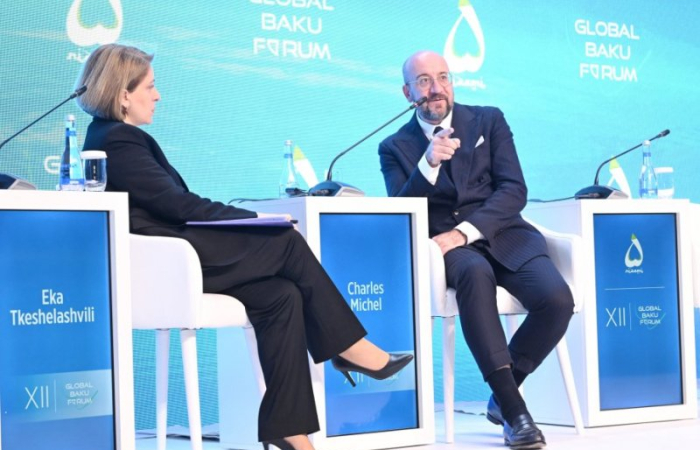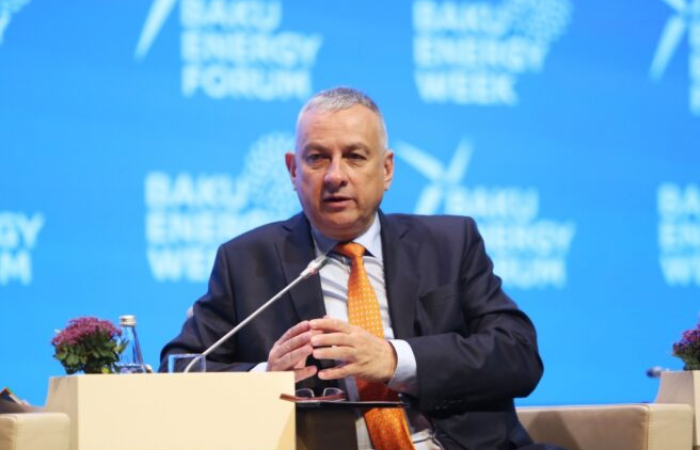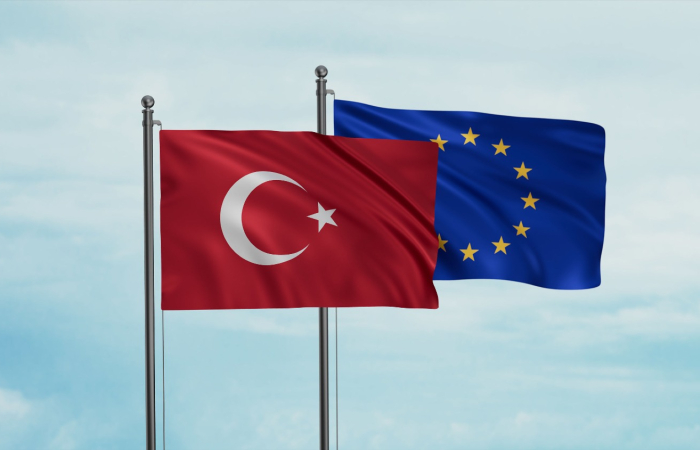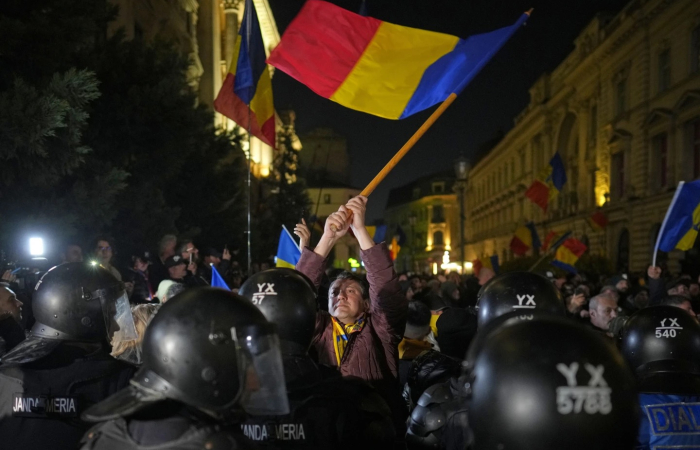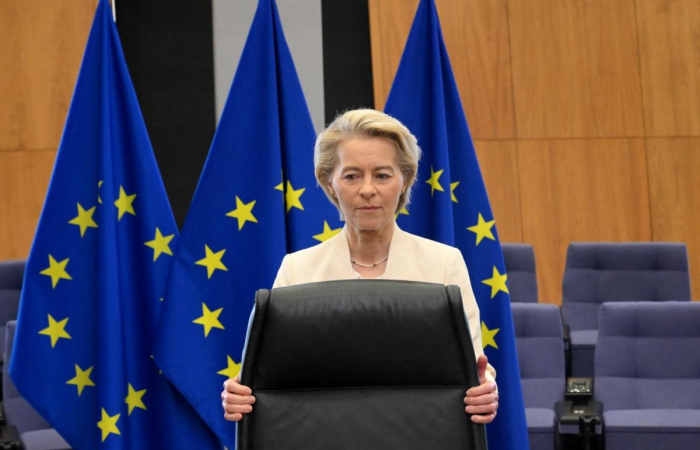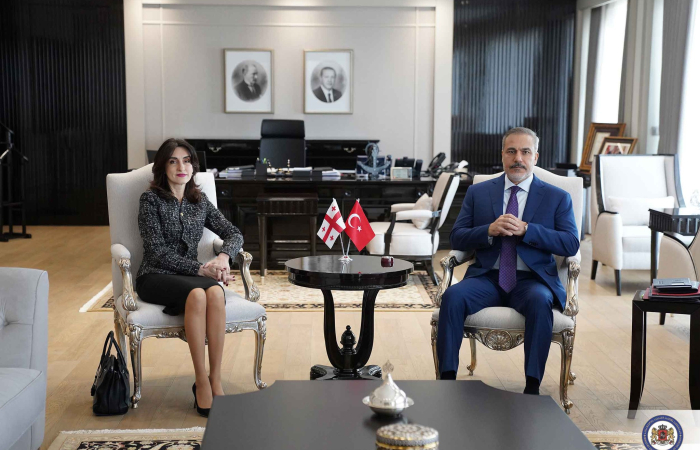Trending
Ukrainian suspect in the Nord Stream pipeline blasts arrested in Italy
21 August 2025
A Ukrainian citizen suspected of participating in the undersea explosions in 2022 that damaged the Nord Stream gas pipelines between Russia and Germany has been arrested, German prosecutors said on Thursday 21 August. The suspect, identified only as Serhii K. in line with German privacy rules, was arrested overnight in Italy’s Rimini province, federal prosecutors said. According to an AP report, they added that he is believed to be one of the coordinators of the operation.



